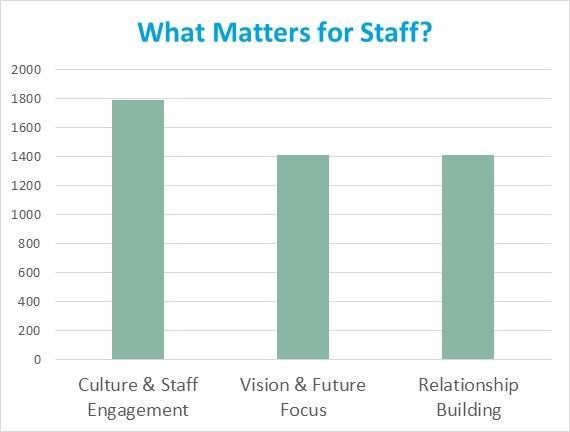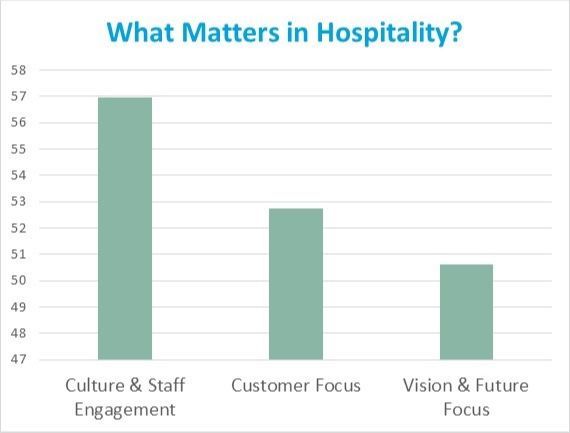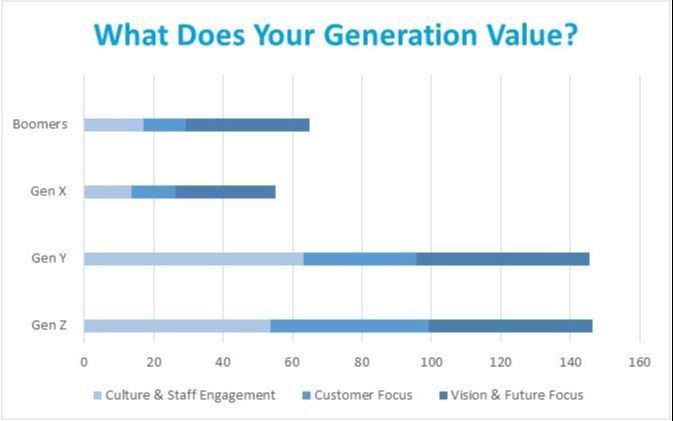Top 3 Traits That Make a Leader
How do we value leadership?
What distinguishes good leadership from great leadership? This is a question that has been strongly debated through modern times.
Strong leadership in organisations is vital to remain financially competitive, maximise the employee experience, and to achieve organisational goals.
In an increasingly VUCA (volatile, uncertain, complex, ambiguous) world, there has never been greater need for leaders who are able to:
- Create a shared vision
- Foster collaborative relationships
- Demonstrate authentic
- Offer individualised consideration for their employees
The Case Study : An Employee's Perspective
Chandler Macleod Group undertook research last year which extends the leadership success paradigm by focusing on the specific factors which are attributed to successful leadership.
Gaining an understanding of such leadership success factors has implications for organisational development in areas such as recruitment and selection, leadership development, and of notable importance for diversity and inclusion efforts.
What did we find out?
Culture & Engagement, Vision & Future Focus and Relationship Building are pivotal to employee perceptions of leadership success.
Our research found that a leader’s willingness and capacity to drive and shape culture is paramount to their perceived success and effectiveness. This was by far the most frequently reported leadership success factor.

Comparing the Hospitality Industry
When we filtered down to our candidates in the hospitality industry we found a Customer Focus surpassed Relationship Building. While this is not overly surprising given the value of the 'guest experience' is so deeply engrained in hospitality employees, it does reflect how our industry can change what we value in our leaders.

Does Age Make a Difference?
The hospitality industry has diverse workforce and therefore ensuring that your supervisors and leaders are cognisant of this is really important for successful culture management.
For example, the younger the worker, the more important it was for their leader to place importance on their personal presentation to be perceived as successful. The older the worker, the more important it was for their leader to focus on the company’s financial success to be perceived as successful.
Culture and staff engagement was reported as the top success factor amongst all generations. While acting with integrity was reported as the second most important success factor for Baby Boomers and Gen X, it did not even appear in the top three success factors for Gen Y and Gen Z. Instead, millennials reported a stronger preference for their leaders to display strong relationship building skills.

3 Questions Every Successful Company Should Be Asking:
In the fast changing world of hospitality it is important to assess and re-assess how your leaders are performing and where they could improve.
Given the changing expectations from guests and retention challenges, it's important to consider how willing and capable your leaders are.
If you're unsure of where to start, we recommend asking yourself these three questions:
- How are you managing your culture and engagement?
- Are your supervisors and leaders building great relationships with their people?
- What strategies do you have to ensure an adaptable work culture that meets your diverse needs?











